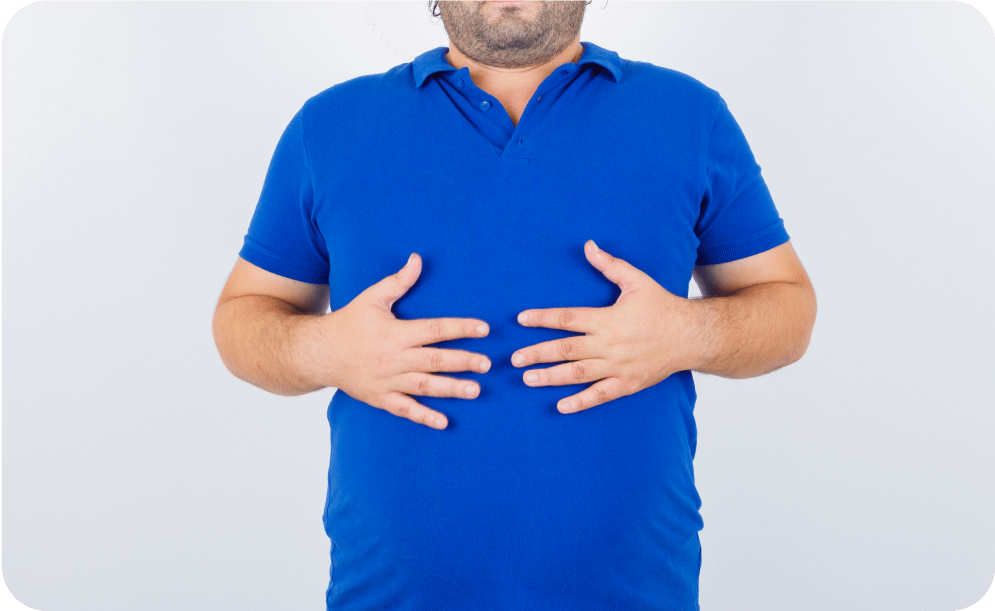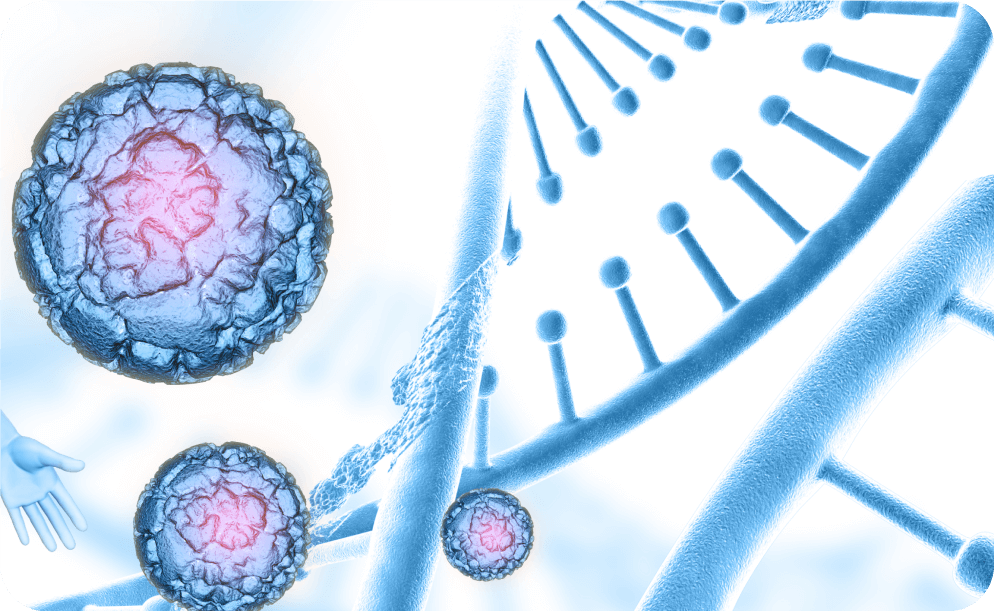
Can Dehydration Lead to Weight Gain?
Have you ever felt bloated, heavy, or tired even when you’re eating right and exercising? Sometimes, the reason isn’t extra calories—it’s not drinking enough water. Yes, dehydration can affect your body in surprising ways, including making it harder to lose weight or even causing weight gain. Sounds strange?
Dehydration is one of the most overlooked reasons behind unexpected weight gain, bloating, and fatigue. It does not sound like a big deal at first- after all, how can simply not drinking enough water cause you to gain weight?
This blog will explore the surprising ways that dehydration can mess with your body and make it harder to lose weight.
What is Dehydration
Dehydration happens when your body does not have enough water to function properly. Our bodies are made up of nearly 60% water, and it plays a big role in every process-right from digesting food to keeping our ody temperature in control.
You lose water every day through sweat, uring, and even breathing. If you don’t drink enough to replace that lost water, your body becomes dehydrated.
Dehydration and Water Retention

This may sound confusing, but when you are dehydrated, your body tries to hold on to whatever water it has left. This leads to water retention– which makes you feel bloated and puffy. It might even show up as extra weight on the scale.
So why does this happen? Think of your body as smart and cautious. When water is low, it goes into “survival mode” and stores water instead of flushing it out. This can lead to temporary weight gain, especially if it becomes a regular habit.
Feeling Hungrier than You Really Are

Have you ever reached for a snack only to realize that you were thirsty and not hungry? That’s a common thing.
Your brain often confuses thirst with hunger. This means that when you are slightly dehydrated, you might think you are hungry and end up eating more than you need. Over time, those extra calories can lead to weight gain.
So, next time you are hungry at an odd time, try drinking a glass of water first. You might find you weren’t hungry at all.
Slower Metabolism

Drinking water helps your body burn calories more efficiently. When you are dehydrated, your body’s engine, called metabolism, slows down. That means you burn fewer calories throughout the day, even while doing the same activities.
One small study found that drinking about 500ml of water increased metabolic rate by up to 30% for 30-40 minutes. So, if you want to boost your calorie burn, staying hydrated is a simple and free solution.
Poor Digestion and Constipation

Water helps move food through your system. Without enough water, digestion slows down. This can cause constipation, bloating, and a heavy feeling in the stomach, all of which may feel like weight gain, even if it’s not fat.
Plus, poor digestion can make your body absorb nutrients less effectively, making you feel tired and crave unhealthy foods. This again increases the chance of overeating and unwanted weight gain.
Less Energy to Move

Dehydration can make you feel weak, tired, or dizzy. This means you are less likely to work out, take the stairs, or even go for a walk. And less movement equals fewer calories burned.
Also, muscles need water to stay strong and flexible. When you are dehydrated, your exercise performance goes down, and you may burn fewer calories than usual during a workout.
Impact on Hormones

Your body’s water levels can also affect certain hormones that manage hunger and fat storage. One of these is vasopressin, a hormone released when you are dehydrated.
It tells your kidneys to hold on to water, but it may also signal the liver to store more fat.
In simple terms, being dehydrated messes with your natural balance and might encourage your body to hold on to fat.
What about the scale?
Here is an important note. Not all weight gain is fat. Understand it. Sometimes, when you are dehydrated, the scale shows more because your body is holding water, or your digestion is slow.
So, don’t panic if your weight jumps up one day. Ask yourself: Have I been drinking enough water lately?
Well, How Much Water Do You Really Need?
This isn’t one size fit all answer. However, there is an ideal range that you must maintain on a daily basis.
8-10 glasses (around 2-2.5 liters) for adults
More if you are exercising. It’s hot outside, or in case of pregnancy or breastfeeding.
Another measuring unit is the color of your urine. A pale yellow indicates you are well hydrated. Dark yellow or amber means time is up; get ready to be hydrated.
Ways to Stay Hydrated
If you find it hard to remember to drink water, here are some simple tricks for you:
Start your day with a glass of water
Always carry a refillable water bottle with you.
Set reminders through a hydration tracker app like WaterMinder
Have infused water with lemon, mint, or berries
Drink before and after nap, and meals too! You can easily cover atleast 4 glasses like so.
Final Thoughts
Dehydration alone won’t cause fat gain; it does, however, affect many things, which eventually slow down your fat-burning process. From signals of hunger to metabolism and energy levels, everything gets equally affected.
So if you are watching your weight, do not just count on calories; count your water too. Staying hydrated is one of the easiest and most effective ways to support your overall health and weight goals.
Small habit, big results. Start drinking water and download the WaterMinder app for faster and better results.
